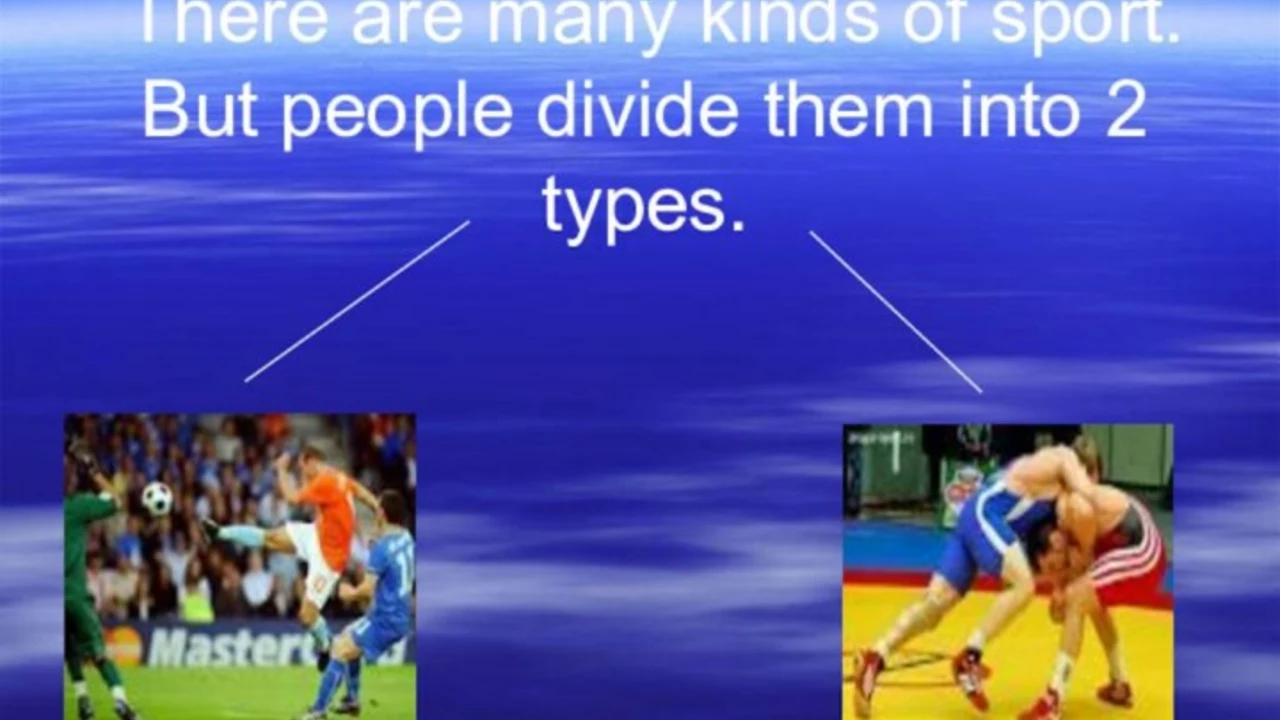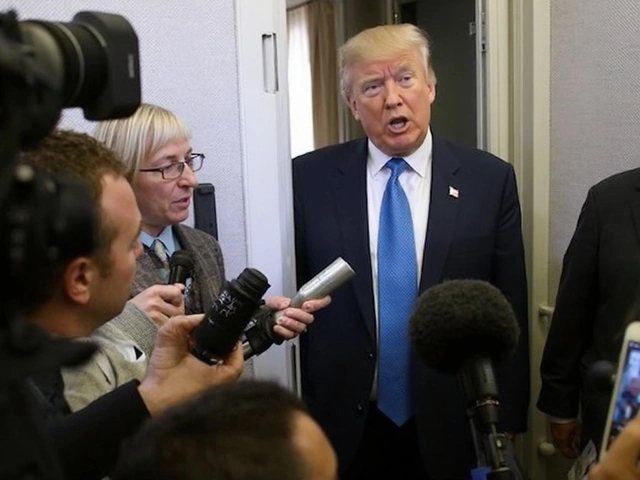Sports History – Who Invented Sports and Why?
Ever wonder who first thought of a game and why? The answer isn’t a single person – it’s a collection of ancient cultures that needed a way to train, celebrate, and bond. From hunting drills in Africa to ritual races in China, early humans turned everyday tasks into contests. Those contests were the first steps toward the sports we watch and play today.
Ancient Roots: From Survival to Play
Think about the first marathon. It probably started as a messenger sprinting for a city’s safety, not a race for medals. In Egypt, wall paintings show people throwing sticks and wrestling—activities that sharpened muscles for war. The Greeks took those ideas further. By 776 BC they staged the Olympic Games, turning physical tests into public spectacle. Yet even before the Greeks, Chinese dynasties recorded cuju, a ball game that resembled soccer, and Mesoamerican societies played ball drills that mixed sport with spiritual rites.
Why did they do it? Survival was the main driver. Running, jumping, and throwing kept people ready for hunting or battle. Over time, the competitive edge added excitement. Kids began copying adult drills for fun, and adults started holding contests to prove strength or honor a deity. The purpose of sports shifted from pure training to a mix of fitness, entertainment, and social status.
From Rituals to Organized Games
As societies grew, so did the structure of their games. The Greeks formalized rules, handed out medals, and created a calendar around the Olympics. That move gave sports a shared language that crossed city‑state borders. In the Roman Empire, gladiatorial fights turned combat into a brutal public event, showing how sport could also serve politics and profit.
Fast forward to medieval Europe: tournaments became pageantry, with knights jousting to display skill and loyalty. Meanwhile, common folk played folk football in the streets, using any available ball. By the 19th century, the Industrial Revolution gave people more leisure time, and schools started adding organized physical education. That era birthed modern rules for soccer, baseball, and cricket, shaping the sports we know today.
So, who invented sports? No single hero—just a long line of humans turning everyday needs into games. The purpose of sports evolved from a survival tool to a social glue that brings people together, teaches teamwork, and provides pure joy. Understanding this journey helps us appreciate every match, race, or workout as part of a story that started thousands of years ago.
Kieran Lockhart, Jul, 22 2023
Who invented sports and why?
The exact origin of sports is hard to pinpoint as it's deeply rooted in the history and culture of various ancient civilizations. The Greeks played a significant role in the evolution of sports, introducing the world to the Olympic games in 776 BC. However, evidence suggests that sports activities were prevalent in China and Egypt long before this. The primary purpose of sports was initially for survival and military training, but over time, it evolved to become a social activity for enjoyment, competition, and physical fitness. Today, sports are a universal language, bridging cultural gaps and promoting unity among diverse populations.
View More




